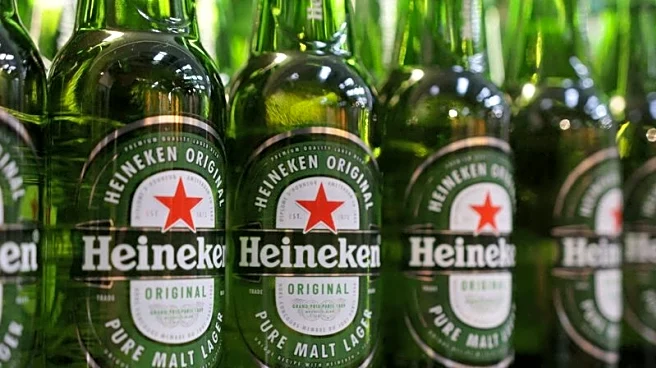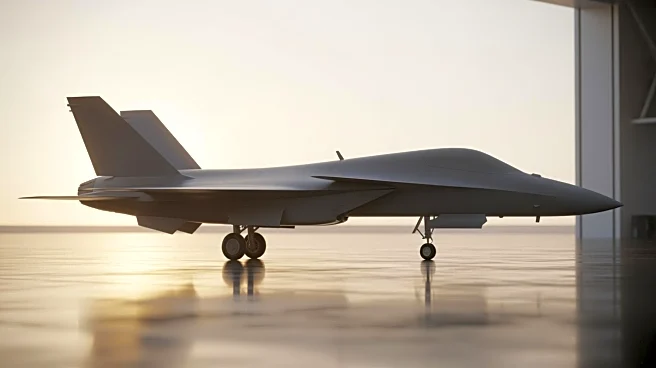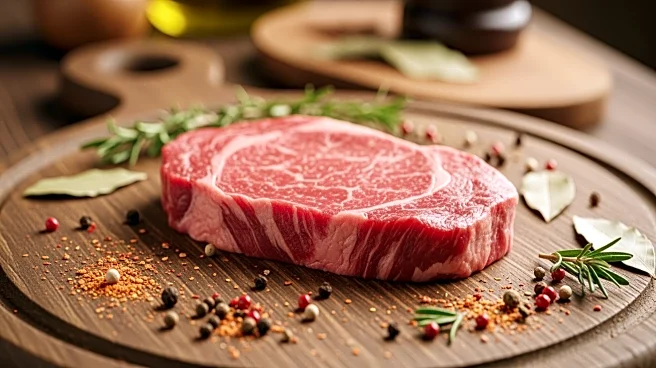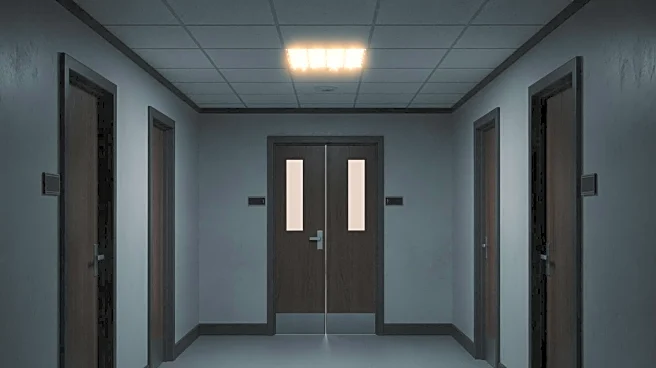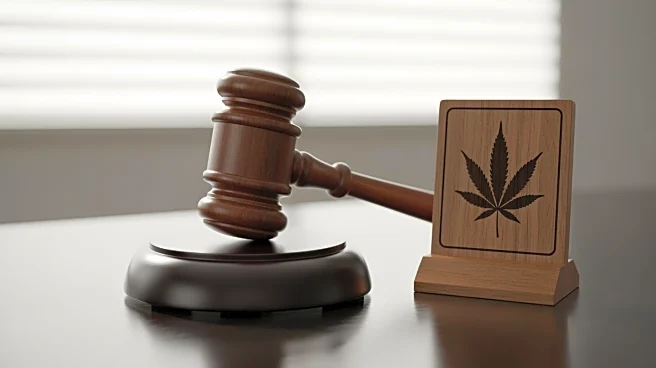By Emma Rumney
LONDON (Reuters) -Heineken has pledged to bolster its revenue and cut costs, but investors in the world's No. 2 beer maker say tougher steps, including plant closures, may be needed to get its business up to speed.
CEO Dolf van den Brink, at the helm of the 39 billion euro brewer since 2020, has two key challenges, according to investors and analysts: deliver greater efficiency while reviving flagging volume growth.
While all brewers have been struggling to sell more beer, the Dutch maker
of Amstel and Tiger beers has frustrated some investors with volatile performance and for lagging behind larger rival Anheuser-Busch InBev in efficiency, with higher fixed costs and a larger brewery footprint in some regions.
"Investors want this company to do well but need to start getting some runs on the board," said Ryann Dean, analyst at Heineken investor Aylett & Co. Fund Managers.
Dean said Heineken's updated strategy laid out at an investor event in October was welcome, but the brewer needed to show it could deliver.
Heineken said the response to its updated strategy was positive.
"The focus has now shifted to execution and delivery, which is precisely what our investors expect from us," a spokesperson said.
SHOW US THE SAVINGS, INVESTORS SAY
It has been a difficult few years for beer. Valuations across the sector tanked after price increases prompted by steep rises in input costs dented volumes, and as some drinkers cut back on alcohol.
Heineken's stock currently trades at around 13.5 times forward earnings, well below highs of over 28 times in 2021.
Across the alcohol sector, investors have welcomed initiatives to cut costs to boost margins while sales are under pressure.
Heineken is behind its peers on fixed costs over revenue, said Tomas Pinto, head of international equities at BestInver, a top 30 Heineken shareholder, adding improving efficiency was a key demand.
Heineken has promised to deliver up to 500 million euros in gross cost savings annually through 2030.
It is aiming to deliver mid-single digit annual revenue growth by focusing on 17 high-potential markets and five global brands, with operating profit and earnings per share growth ahead of that, it said.
But Pinto said these targets were too general. He wanted to see specific goals related to margin, return on invested capital and net savings, which would show actual savings after any deductions.
Heineken needs to show investors that its savings promises boost profitability, after over 3 billion euros since 2021 seemed to have little impact, said Javier Gonzalez Lastra, analyst at Berenberg.
Heineken's finance chief Harold van den Broek said about 25% of its historical savings had flowed through to its bottom line, and this figure should increase under the current programme.
This reassured Pinto. But both he and Gonzalez Lastra said in low-growth markets like Europe, investors wanted to see concrete efforts to cut costs, such as brewery closures.
VOLUMES A QUESTION MARK
CEO van den Brink ruled out a radical overhaul of Heineken's brewery footprint, and highlighted growth prospects in countries such as Italy and France. But increasing volumes in such regions, where populations are ageing, will be a battle, said Laurence Whyatt, analyst at Barclays.
Heineken should have an easier path to selling more beer in developing markets such as Latin America, but a question mark over when this growth will arrive is holding some investors back.
Van den Brink said that once short-term challenges linked to difficult economic conditions and political turbulence ease, the beer industry should enjoy around 1% volume growth per year and Heineken should perform ahead of that.
But he could not say when growth would return.
Harsharan Mann, global equity analyst at Aviva Investors, another Heineken shareholder, said investors wanted to know Heineken had some line of sight to volumes stabilising and ultimately growing.
"That concern around when volume declines end is definitely a sentiment driver," Mann said.
($1 = 0.8575 euros)
(Reporting by Emma Rumney editing by Lisa Jucca and Jason Neely)
